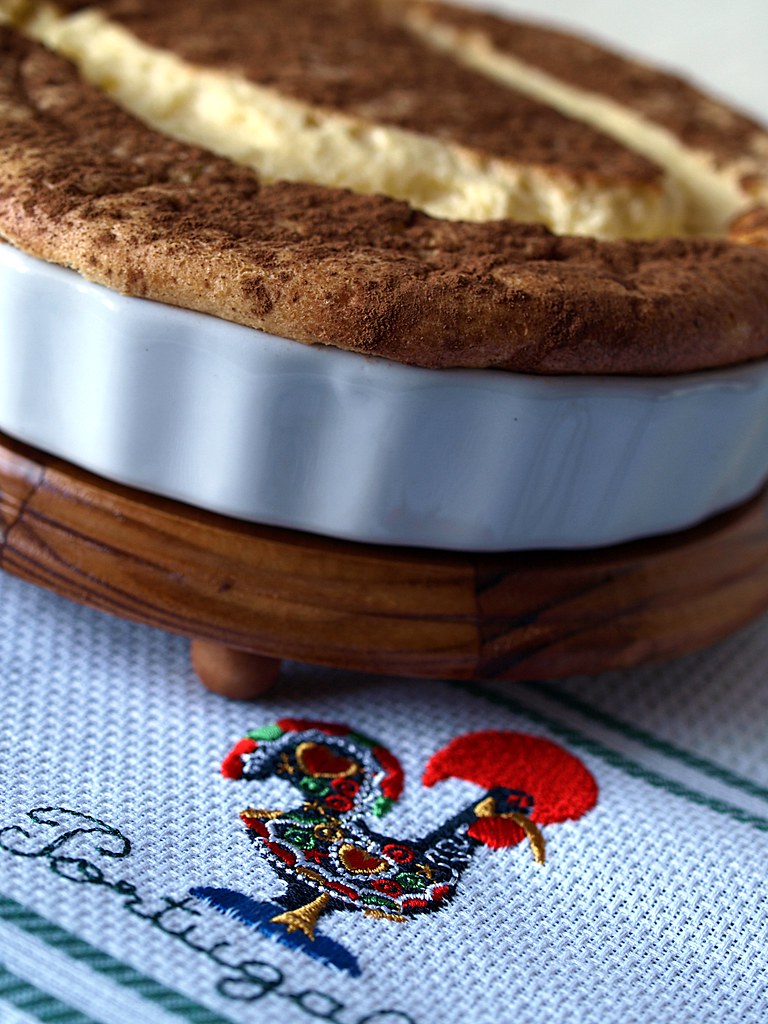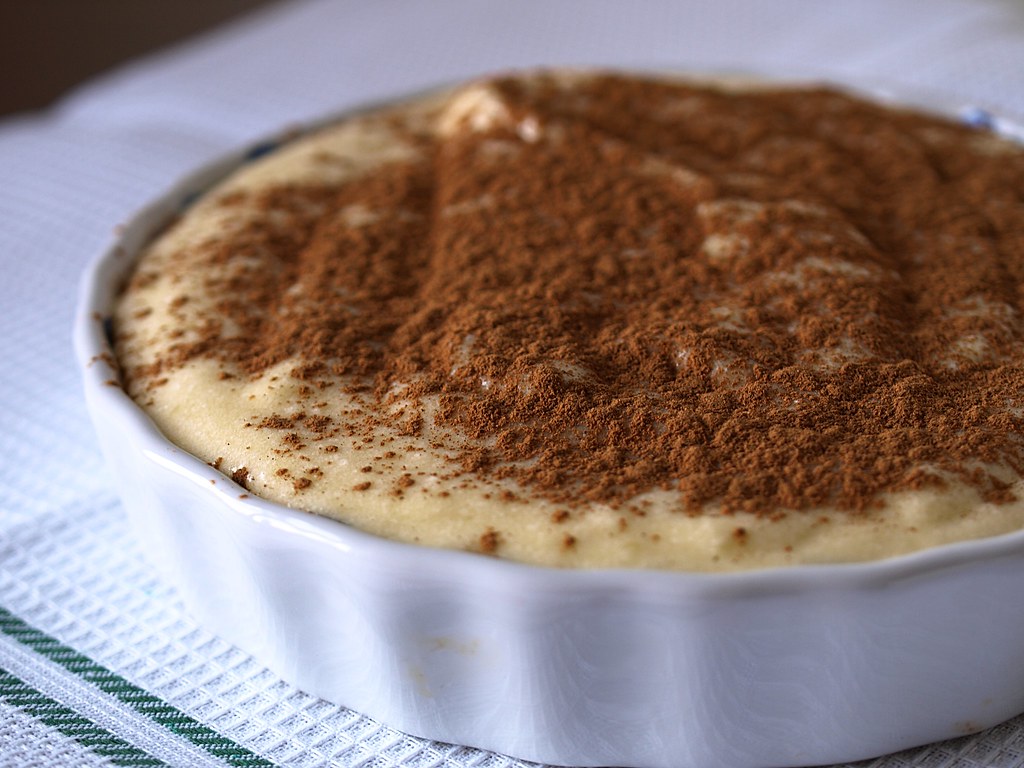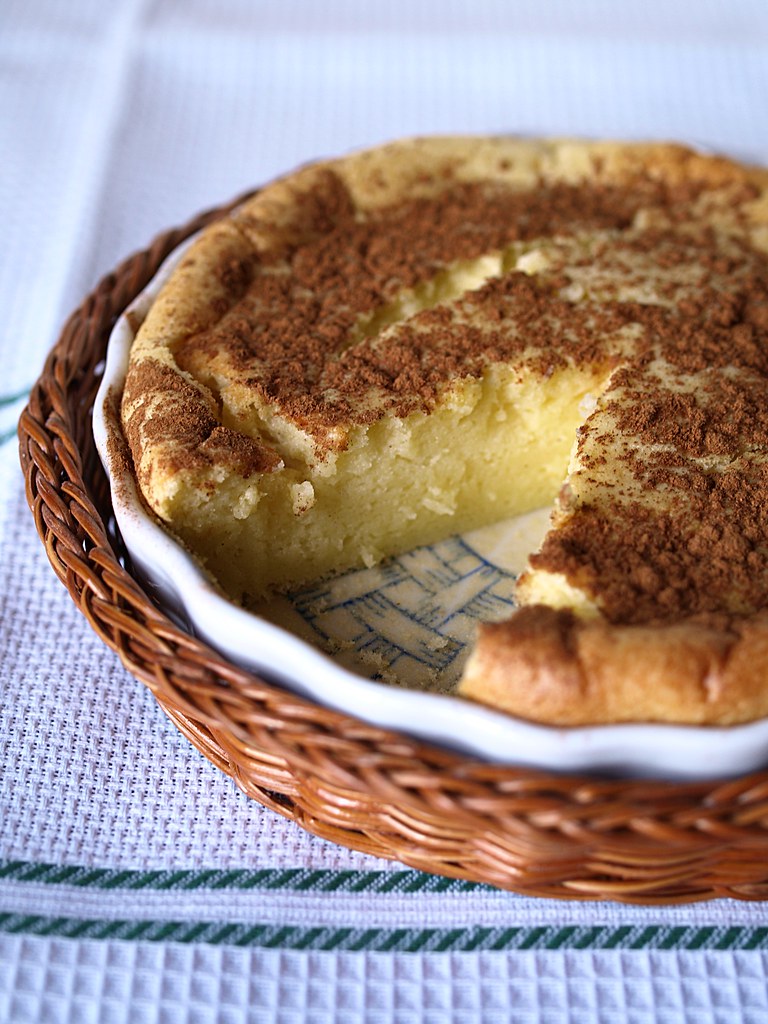07/07/2011
It's not all about words
I love foreign languages, but i wouldn't want to learn one, just to "learn it". I have a bound or a soft spot for every language i can speak, and all for different reasons. Because learning a language is so much more than rules and grammar, to me it's to embrace a culture, understanding it's references and trying to see things from a different point of view.
One day, in a distant future, i'll hopefully be able to speak portuguese fluently. I hope to loose, what i suppose to be a puzzled look on my face, when people talk to me in Lisbon, because it takes me time to proceed the information first, and then come up with an answer. After what, people tend to speak to me in french or even italian lately, which might be a sign of progress, but i'm not quite sure of that yet.
I will keep on going to classes, dive into my books every now and then, read the paper daily, watch a portuguese cable channel or put on a DVD. And like it did in english at some point, i won't remember any of the rules anymore, things will just start making sense, i will know it's right because it will "sound" right. Granted it took me about 15 years of english to get to this point, i still have a long way to go.
Still, some words just can't be translated properly, like the german "Heimweh" or the french "raison d'être". Portuguese has it's share of it too, the most emblematic one being Saudade. I must have learned it when i first got to Lisbon, trying to understand it's meaning: some kind of nostalgy, a longing for something or someone... It was a bit vague.
But then life kept me away from the city for a while, and i got to really understand what it is. No dictionnary can teach you that feeling. Even if i don't have a drop of portuguese blood in my veins, i feel like one everytime i leave Lisbon.
Saudade gets me as soon as the plane takes off from the ground and the city gets out of sight. The only cure to it i found so far, is to keep coming back.
And in the meantime, i give myself sweet "portuguese fix" in the form of desserts. This one is very old, so old that its name is written differently and nobody can tell what's the real one. It's a Sericá or Sericaia, or Cericá or even Cericaia... It's apparently served with prunes for some, and not for others...
It's hard to define too, it's not a cake, also not a soufflé, but something in between, very airy. Which ever you want to name it, it's good. That's the whole point!
Sericá (from "Doce Vida" by Luís Baena)
For one "cake"
6 Eggs
125gr of Flour
1/2 liter of Milk
250gr Sugar
1 Stick of Cinnamon
2 Tablespoon of Grounded Cinnamon
The Zest of One Lemon
In a pan off the flame, mix the egg yolk with the sugar, add the flour and combine well.
Heat the milk up with the lemon zest and the cinnamon stick. When it comes to a boil, pour it in the egg sugar mixture while whisking it constantly. When it's not too hot, remove the cinnamon stick.
Put that on a low flame, and keep mixing, it needs to get a creamy consistency. When it's done take it off the flame.
Preheat your oven to 180°C
Now beat the egg whites to a medium stiff peak, and add them carefully to the creamy egg yolk mixture.
Pour that into a clay or ceramic dish that you have buttered and floured, and powder the cake with the grounded cinnamon.
Put in into the oven for about 30 minutes. Like a soufflé it will rise and fall back a little when you take it out of the oven, it will have cracks, that's when it's done.
When it's cooled, you can serve it just like that, but it does go when with fresh fruits or marmelade for instance.
Inscription à :
Publier les commentaires (Atom)





Aucun commentaire:
Enregistrer un commentaire